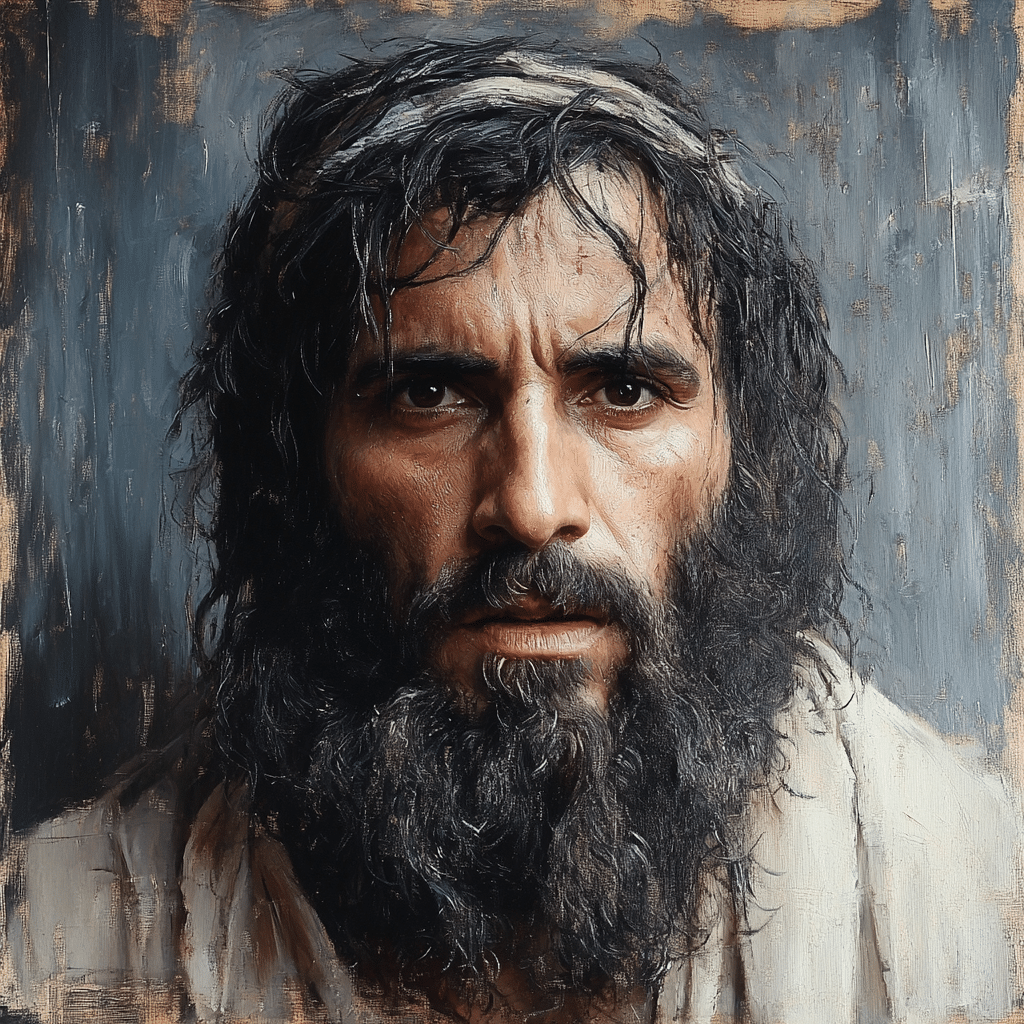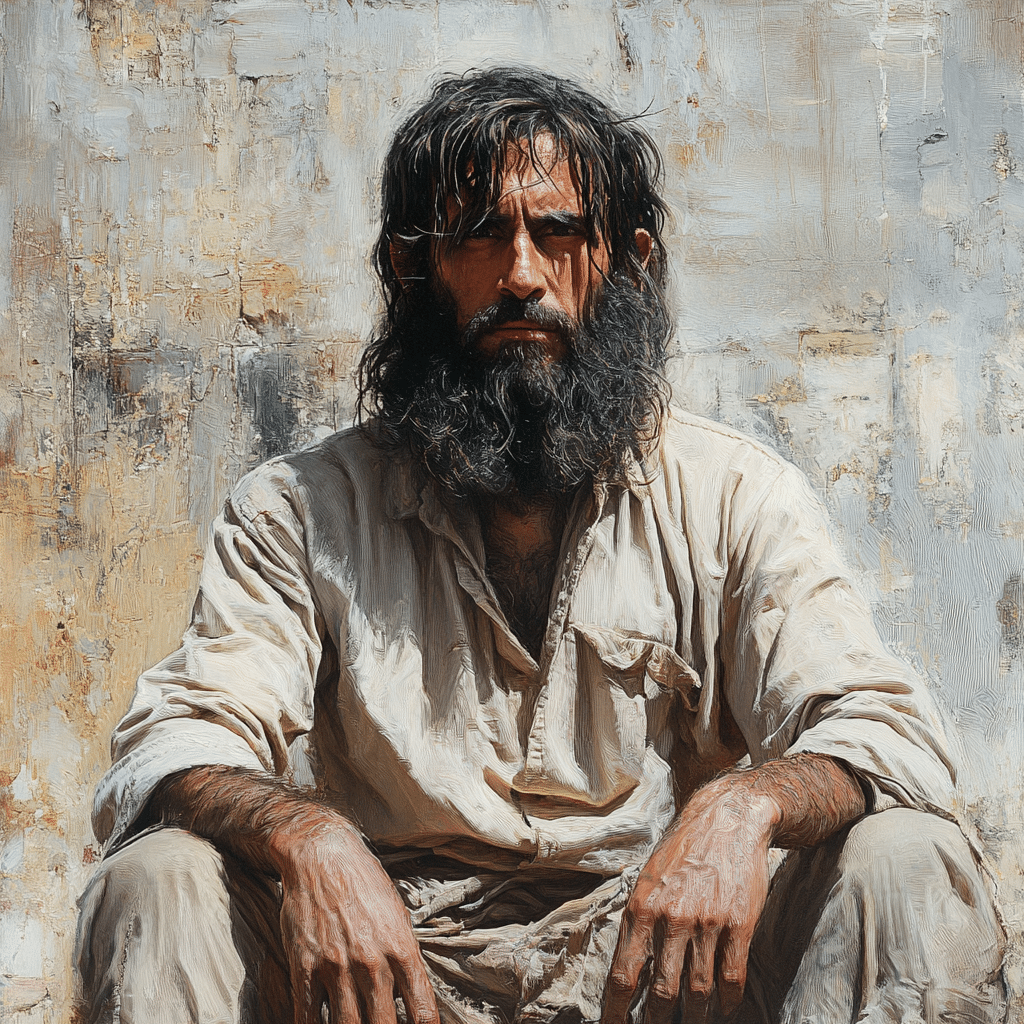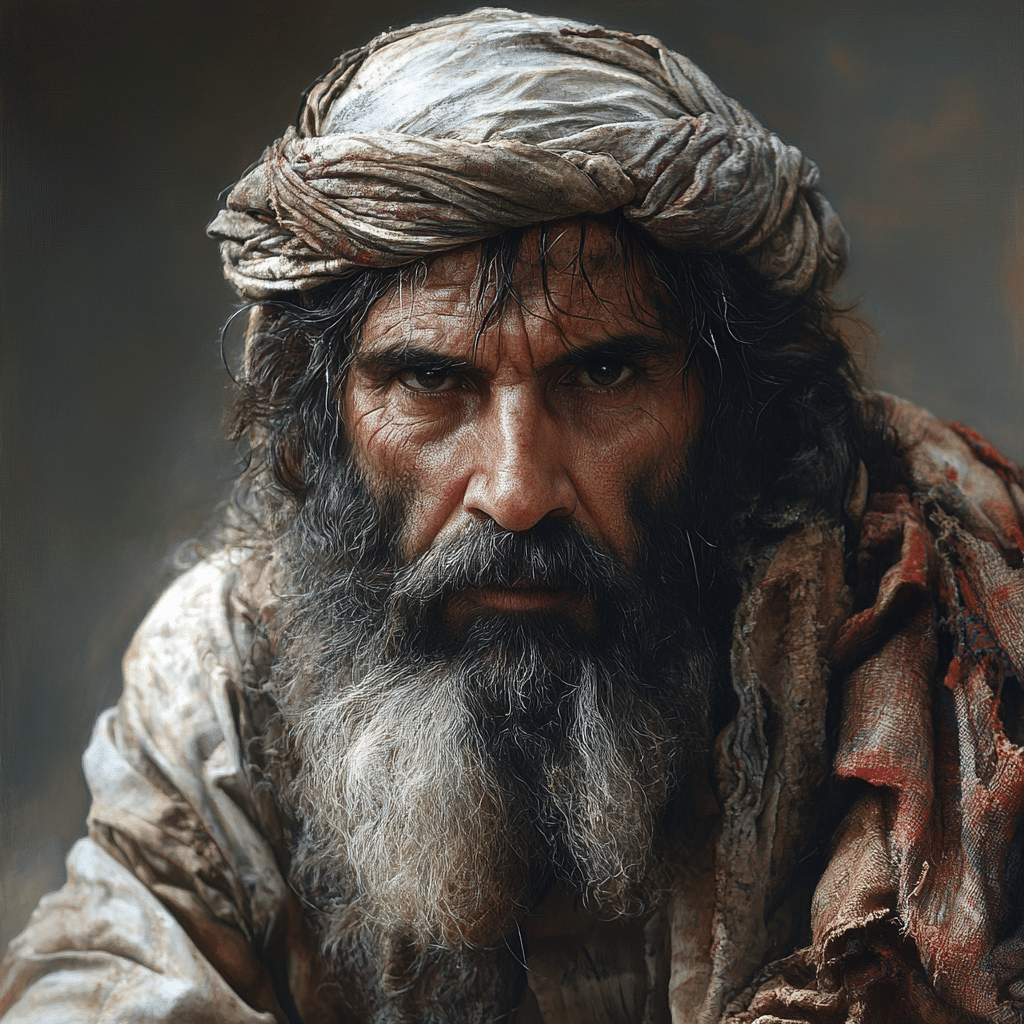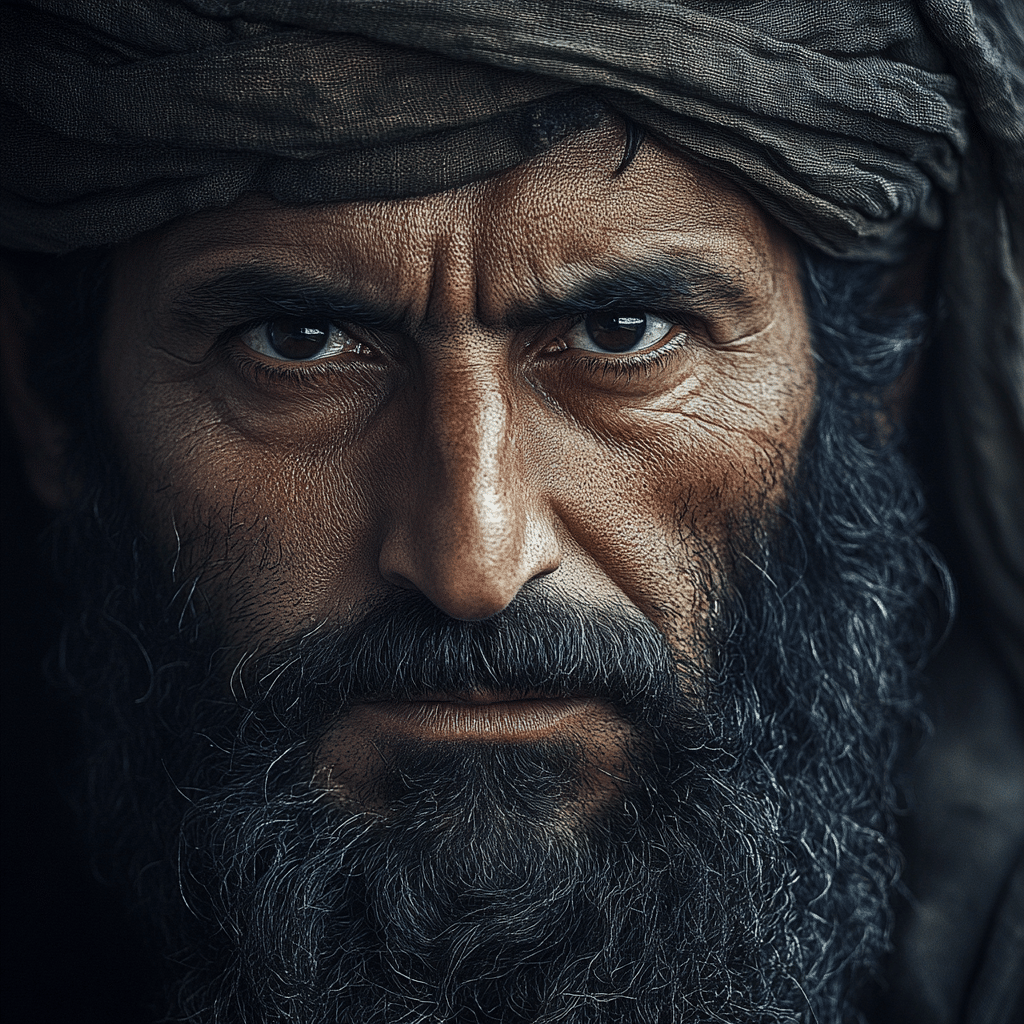
Omar Bin Laden The Life And Legacy Of A Controversial Figure
Omar Bin Laden, the son of the notorious Osama bin Laden, embodies a complex mix of privilege and the burden of a lineage steeped in infamy. His life story unfolds like a gripping film—filled with conflict, choices, and a deep desire to forge his own path. To fully grasp the nuances of Omar Bin Laden’s life and the legacy he’s attempting to create, it’s important to highlight the key events that have defined him across the years.

1. Key Events Shaping the Life of Omar Bin Laden
Omar Bin Laden was born in 1981 in Saudi Arabia into one of the wealthiest families linked to the bin Laden construction empire. Growing up surrounded by riches and opportunities, the shadow of his father loomed large from early on. As the family gained notoriety for Osama’s radical actions, Omar found himself caught in a turbulent whirlpool of privilege mixed with public disdain.
His early years were marked by the opulence of Saudi society, yet this wealth came with an inevitable connection to his father’s actions. Access to quality education and social standing starkly contrasted with the stigma attached to the bin Laden name, creating a dichotomy that would shape his worldview.
Perhaps one of the most formative moments of his life was Omar’s decision to reject the extreme ideologies of his father. In public statements, he has denounced terrorism and advocated for peace, setting up a path that diverges sharply from his father’s legacy. This ideological rift has helped define Omar’s character, making him a unique individual in a family often associated with hostility.
Spending parts of his youth in Sudan and Afghanistan granted Omar a firsthand look at struggle and conflict. The insights gained during these formative years sharpened his perspective on issues like governance, national identity, and the impact of war on humanity.
As the world reacted to the aftermath of 9/11, Omar realized that his association with the bin Laden name went beyond just familial ties; it was a substantial weight on his shoulders. Determined to create a separate identity, he sought to engage in business and philanthropy. However, the stigma remained, complicating his plans at every turn.
Following the September 11 attacks, the bin Laden family was thrust into the global spotlight. Omar Bin Laden faced intense media scrutiny, often simply due to his last name. This situation propelled him to advocate against violence, hoping to separate his path from that of his father’s.
In a series of public forums and media appearances, Omar has emphasized themes of dialogue, forgiveness, and peace. Through these speaking engagements, he strives to redefine the narrative that often paints the bin Laden family solely in shades of extremism.
Recently, Omar has turned to business initiatives that promote intercultural dialogue. He founded several charitable organizations focused on alleviating poverty and improving education in the Middle East, showcasing his commitment to fostering positive change amidst a historically charged family legacy.

2. Omar Bin Laden in Popular Culture: Representation and Repercussions
The portrayal of Omar Bin Laden in the media forms a mosaic of complex perceptions. It’s a momentous task to untangle the layers of representation in various forms of entertainment. Let’s take a closer look at how this family name has influenced popular culture.
Films such as “The Bin Ladens: An Arabian Family in the American Century” examine the broader narrative surrounding the bin Laden surname. These documentaries shed light on the intricate dynamics of the family while often veering into sensationalism, muddying the public’s perception of Omar.
Movies like “Zero Dark Thirty” engage viewers with elements of the War on Terror, drawing unavoidable connections to Omar Bin Laden. Although these films often do not delve deeply into his story, they can reinforce existing narratives about extremism, overshadowing Omar’s struggle to present a counter-narrative.
In “Growing Up Bin Laden,” the author provides intimate insights into the childhood of the bin Laden siblings. These narratives often spotlight the inner turmoil Omar faced while wrestling with his identity against the backdrop of a notorious family name, more than just a simple familial connection.
3. The Legacy of Omar Bin Laden: A New Narrative
As we delve deeper into Omar Bin Laden’s life, we uncover the implications of legacy and identity. His story challenges many assumptions tied to the connotations of the bin Laden name, creating a layered narrative deserving of exploration.
Omar’s persistent advocacy for peace shows a clear ideological split from his father. This divergence highlights the idea that within families steeped in historical conflict, paths can change with individual choices reflecting a commitment to non-violence.
His humanitarian work transcends borders, fostering understanding through cultural exchange programs. By bridging gaps, he seeks to challenge harmful stereotypes, reshaping how society views not only himself but also those labeled under the bin Laden name.
Ultimately, Omar Bin Laden serves as a fascinating case study in the quest for personal redemption in a family marked by tragedy. His life invites society to grapple with the impacts of heritage, individual choices, and the struggle for self-identity amidst shadows of a notorious lineage.
Reflecting on Omar Bin Laden’s journey reveals a profound tension between legacy and the pursuit of authenticity. His story is a compelling tale of resilience and hope, encouraging dialogue about the complexities of redemption and the possibility of new beginnings. By seeking to reframe his family’s legacy, Omar isn’t just rewriting history; he aspires to inspire others to forge a future free from the burdens of the past.
Indeed, the tale of Omar Bin Laden resonates well beyond its familial confines, serving as a poignant reminder that even in the darkest narratives, there exist threads of light and possibilities for change.
Omar Bin Laden: Fun Trivia and Interesting Facts
The Family Legacy
Omar bin Laden, the son of the infamous Osama bin Laden, has always lived under a shadow. Despite his father’s notoriety, Omar has attempted to carve his own path. With a name that’s synonymous with controversy, it’s not surprising that he often finds himself in the spotlight, much like the fascinating tales of characters in Children Of Dune, which delve into complex family legacies. Interestingly, Omar has made headlines for his outspoken views against his father’s actions, reflecting a desire to distance himself from that darkness.
In a twist of fate, his alias seems fitting, as many people in the media have compared the chaotic dynamics of his life to a scene from Lock Stock And Barrel. Much like the characters in the film, Omar navigated through the ups and downs of his family, confronting difficult truths along the way. He’s also explored various ventures outside politics, but his past keeps tugging at his present, making it hard to fully escape the gravity of his lineage.
Life’s Unique Path
Omar bin Laden has expressed a profound interest in peace philanthropy, demonstrating that even those born into turmoil can strive for a better outcome. You could say he’s carved out a niche reflective of a Tinkerbell Fairies tale, where one tries to bring light amidst darkness. His life has been anything but ordinary, often resembling high-energy chase scenes in films like Gantz O, filled with unexpected twists and turns. While many view him through the lens of his father’s legacy, Omar aspires to redefine what it means to be a bin Laden.
Traveling around the globe, he emphasizes the beauty of different cultures, such as the stunning Isle Of Barra, known for its breathtaking vistas. His passion for travel is a way to promote understanding and unity, aiming to soften the harsh perceptions tied to his family name. Each step he takes is a reminder that the future can be shaped, much like the dedication seen in personal stories of perseverance, like that of Milania Giudice, who has made her mark despite challenges.
Reflecting On Change
Omar bin Laden’s story is less about escaping his history and more about transforming it. Just as Keffe D, a figure in another narrative, confronts his own baggage, Omar seeks to engage in dialogues rather than perpetuate animosity. Despite the burden of his name, he shows that reconciliation and hope are viable paths.
In a world often influenced by digital fads, even something like a Luffy Pfp (profile picture) can encapsulate the modern essence of rebellion and acceptance, mirroring Omar’s own efforts to redefine identity. His journey is a reminder for us all: while our pasts may loom large, the future is unwritten and full of potential for change.










